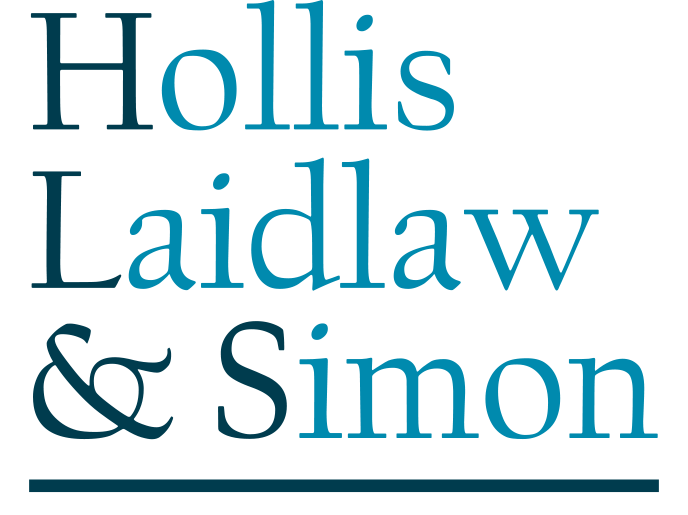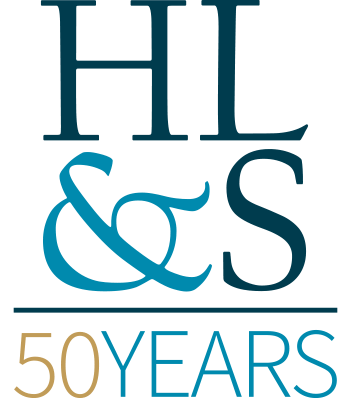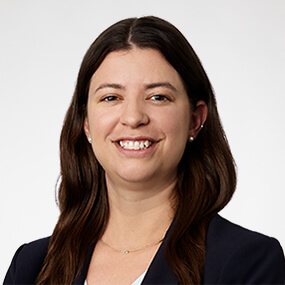One of the biggest misconceptions related to Community (Home Care) Medicaid is the idea that one thinks that they and/or their loved one is not eligible for services because “they make too much money.” In New York State for one to be financially eligible for Community Medicaid (in 2024), their non-retirement assets must total below $30,182 ($40,821 for a couple) **. If one’s non-retirement assets are above $30,182 at the time of their Medicaid application, they will be denied due to “excess resources.”
The monthly allowable income limit in New York for a single individual applying for community Medicaid is $1,677 with a $20 disregard ($1,697.00). As such, if an individual’s non-retirement assets are less than $30,182, but their monthly gross income is greater than $1,697, they will not be denied community Medicaid, but will be financially approved with a “spend-down” or “excess income.” To “activate” Medicaid, one must meet their spenddown. Most individuals believe the only way to meet their spenddown is to pay the said amount to their local Department of Social Services (DSS). For example, a Medicaid recipient who receives Social Security in the monthly amount of $1,500 and a pension of $1,000, would have a combined monthly income of $2,500. As such, their monthly income would be above the Medicaid allowable limit of $1,697, meaning they would have a spenddown of approximately $803. Said Medicaid recipient does not have to pay $803 to DSS and live off $1,697.00 alone.
In New York, community Medicaid recipients, who are certified as disabled, may shelter their excess income in a pooled trust, which is a form of an irrevocable Supplemental Needs Trust (SNT). The excess income deposited to a pooled trust is disregarded by Medicaid and in turn can then be used to pay expenses of the Medicaid recipient (other than alcohol, tobacco, and firearms). To maintain community Medicaid eligibility, the Medicaid recipient must deposit their surplus income to the pooled income trust monthly. A pooled income trust is established and managed by a not-for-profit company who will act as the trustee of the sub-account and review and approve the expenses submitted for payment by the Medicaid recipient and/or their authorized representative. The pooled income trust cannot disperse cash to the Medicaid recipient and/or pay expenses of a third party. There are currently over 15 pooled income trusts in New York State for a Medicaid recipient to choose from with varying monthly administrative costs.
The use of a pooled income trust is an essential tool allowing seniors to remain in the community and age in place, without the loss of their monthly income.
If you or your loved one is interested in qualifying for Medicaid with the use of a pooled income trust, please reach out to Laidlaw & Simon for a complimentary consultation.
** The New York State Department of Health (DOH) has issued the resource and income allowances for 2024, which remain the same as 2023. These resource and allowance limits will remain in effect until the Federal Poverty Levels are released for 2024.














